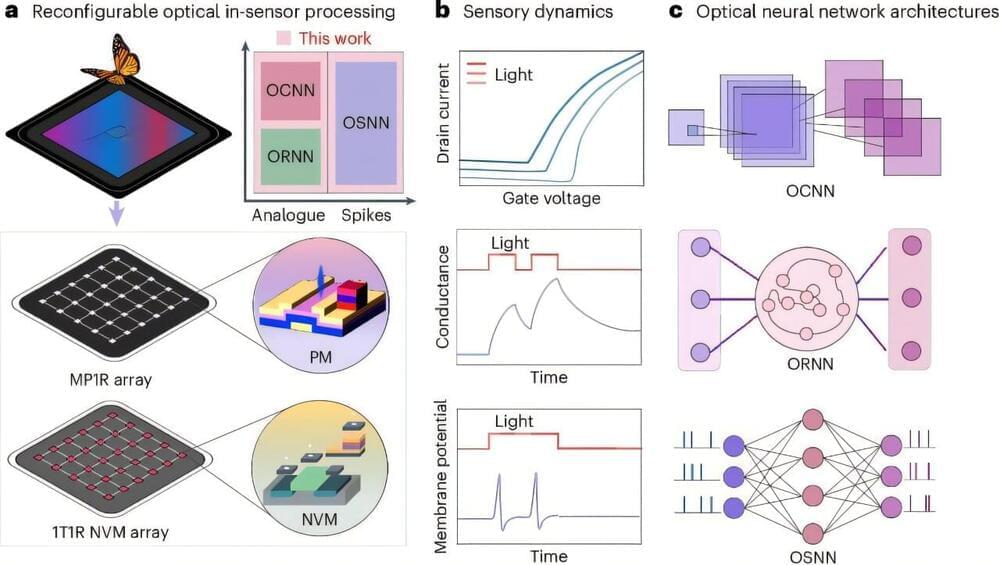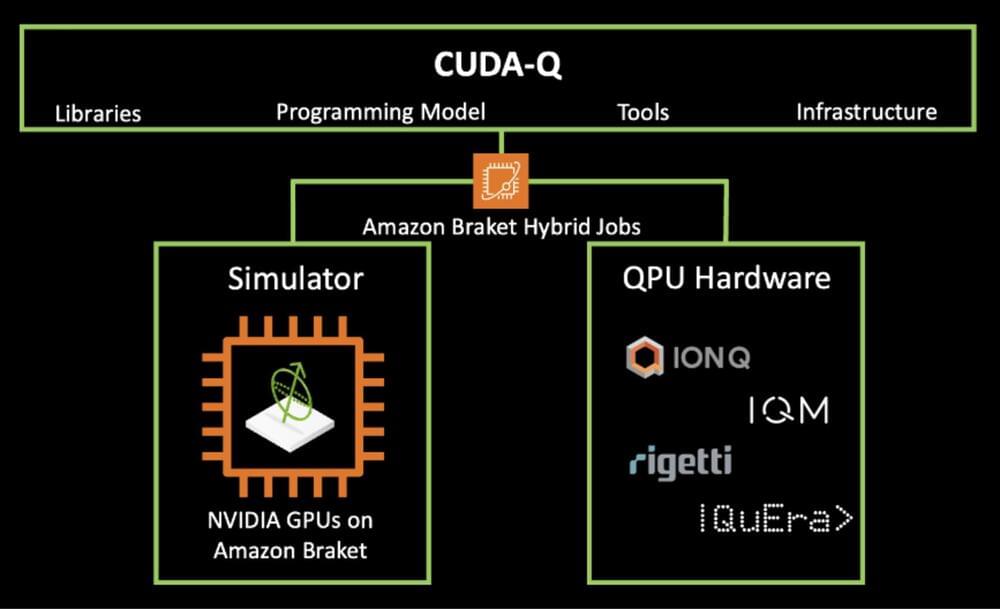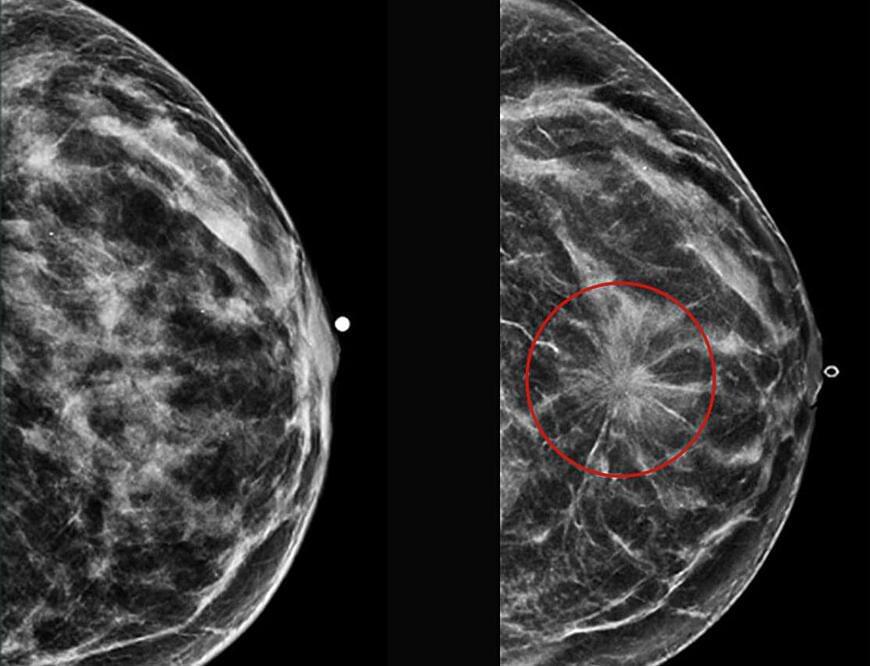All DNA is prone to fragmentation, whether it is derived from a biological matrix or created during gene synthesis; thus, any DNA sample will contain a range of fragment sizes. To really exploit the true benefits of long read sequencing, it is necessary to remove these shorter fragments, which might other wise be sequenced preferentially.
DNA size selection can exclude short fragments, maximizing data yields by ensuring that those fragments with the most informational content are not blocked from accessing detection centers (for example, ZMWs) by shorter DNA fragments.
Next-generation size-selection solutions Starting with clean, appropriate-length fragments for HiFi reads can accelerate research by reducing the computation and data processing time needed post-sequencing. Ranger Technology from Yourgene Health is a patent-protected process for automating electrophoresis-based DNA analysis and size selection. Its fluorescence machine vision system and image analysis algorithms provide real-time interpretation of the DNA separation process.








